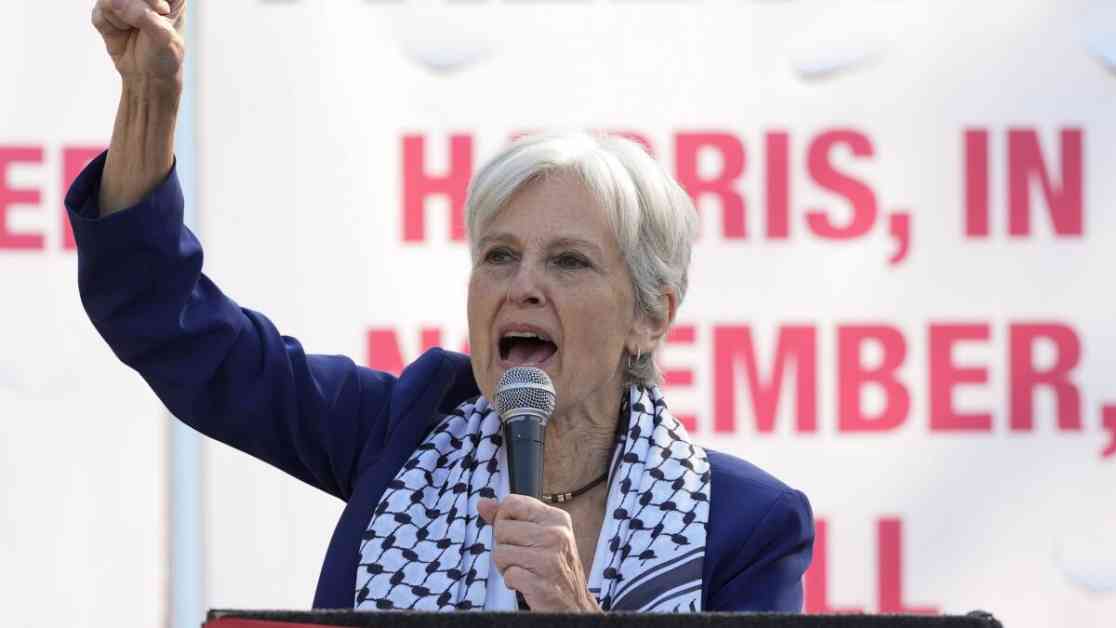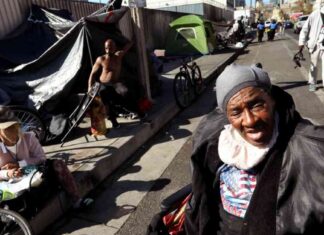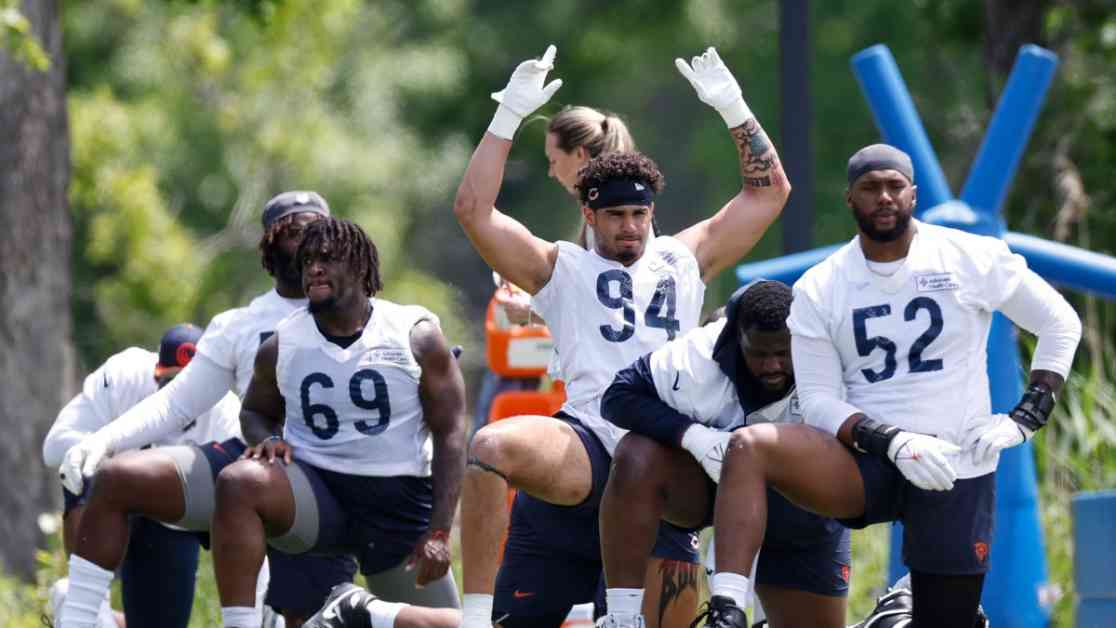Supreme Court Denies Appeal for Green Party to be Included on Nevada Presidential Ballot
In a significant blow to the Nevada Green Party, the Supreme Court has denied their appeal to be included on the state’s November presidential ballot. This decision comes after the state supreme court ruled two weeks ago that the Green Party had used the wrong form when gathering signatures, ultimately disqualifying them from the ballot. The justices refused to intervene in the matter, with no dissents among them.
Legal Battle Over Ballot Inclusion
Washington attorney Jay Sekulow, known for representing former President Trump during his first impeachment trial, filed an emergency appeal on behalf of the Green Party in an attempt to overturn the state supreme court’s ruling. Sekulow argued that the Green Party candidates had been unfairly removed from the ballot, depriving Nevadans of their right to vote for them. He contended that the state court’s decision violated the U.S. Constitution and its guarantee of due process of law.
The Green Party’s presence on the ballot had raised concerns among Democrats, who feared that the party could siphon votes from left-leaning voters, potentially affecting the outcome of the election in favor of Trump. This concern was echoed by Sekulow’s involvement in the case, indicating that conservatives also saw the Green Party as a potential threat to the major parties.
Despite the setback in Nevada, the Green Party’s presidential candidate, Jill Stein, will still appear on the ballot in other key states such as Wisconsin, Michigan, Pennsylvania, Georgia, and Arizona. The party is determined to make its presence felt in the upcoming election, despite the challenges they have faced in Nevada.
Dispute Over Signature Collection
The legal battle over the Green Party’s inclusion on the Nevada ballot stemmed from a dispute over the signatures collected by the party. In June, Nevada Democrats filed a lawsuit alleging that the Green Party had failed to comply with the state’s rules for minor parties seeking a spot on the ballot. While the Green Party organizers had submitted nearly 30,000 signatures, surpassing the required number, they used a form that did not require signers to confirm they were registered voters in their county.
In response to the lawsuit, Green Party officials argued that they had relied on an email from a state election official that provided a form for petition drives which did not require signers to attest their voter registration. However, a state judge ruled in August that the Green Party was “in substantial compliance” with the law, siding with the party.
Unfortunately for the Green Party, the Nevada Supreme Court disagreed with the lower court’s decision in a 5-2 ruling. The majority concluded that the Green Party had failed to qualify for the ballot due to the incorrect form used for signature collection. While acknowledging the state employee’s mistake in providing the wrong form, the court emphasized that the Green Party had been directed to the appropriate form in the “Minor Party Qualification Guide.”
Impact of Supreme Court’s Decision
The Supreme Court’s denial of the Green Party’s appeal has significant consequences for the upcoming election in Nevada. With mail ballots already printed and distributed to nearly 2 million active registered voters in the state, any changes to the ballot would require a complete redesign and re-preparation across all 17 counties. Nevada’s Secretary of State, Francisco V. Aguilar, cited these logistical challenges in his defense of the decision not to add the Green Party candidates to the ballot at this late stage.
As the election draws near, courts are being called upon to resolve last-minute disputes that could impact the outcome. In a recent case, the Republican National Committee sought to block 40,000 Arizona voters from casting their ballots, arguing that they had registered using a federal form that did not require proof of U.S. citizenship. Despite dissenting opinions from Justices Clarence Thomas, Samuel A. Alito, and Neil M. Gorsuch, the court ultimately ruled in favor of allowing the state to require proof of citizenship from newly registered voters.
Looking Ahead
The denial of the Green Party’s appeal by the Supreme Court underscores the challenges faced by third-party candidates in gaining access to the ballot in states across the country. While the Green Party will continue to campaign in other states, their exclusion from the Nevada ballot highlights the obstacles they must overcome to compete on a national level.
As the election approaches, the focus remains on ensuring a fair and transparent electoral process that upholds the principles of democracy. The legal battles over ballot access serve as a reminder of the importance of protecting the rights of all voters and candidates, regardless of their party affiliation. The outcome of these disputes will shape the political landscape for years to come, influencing the choices available to voters and the future direction of the country.



























